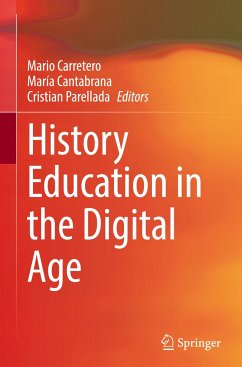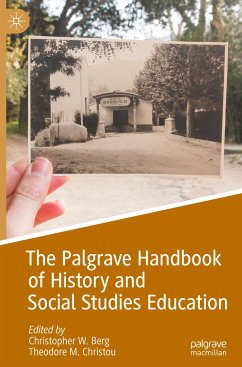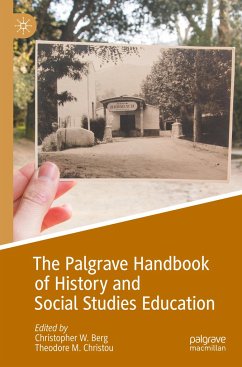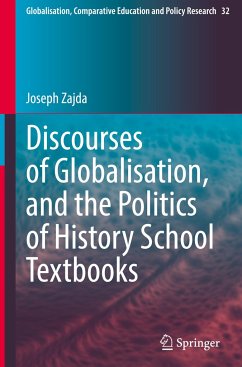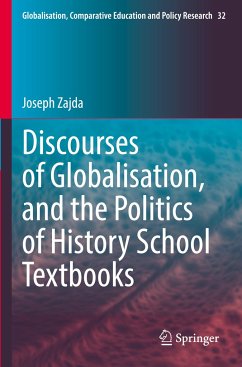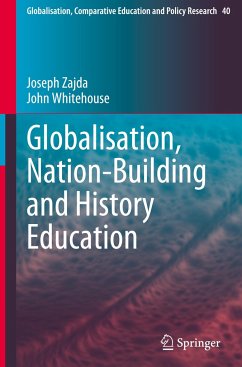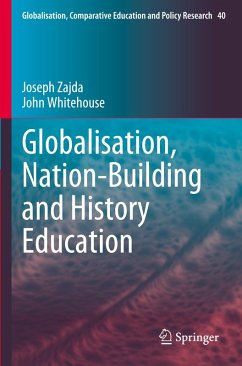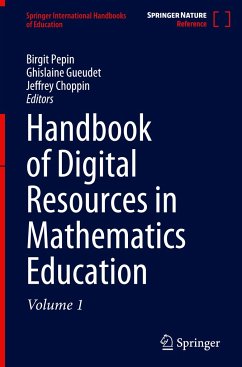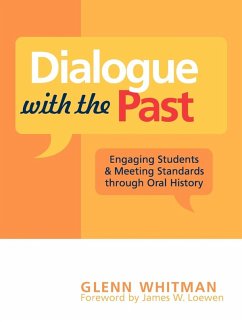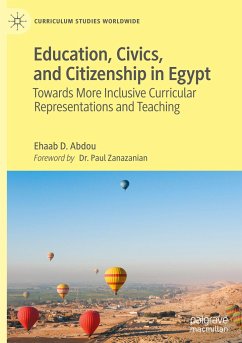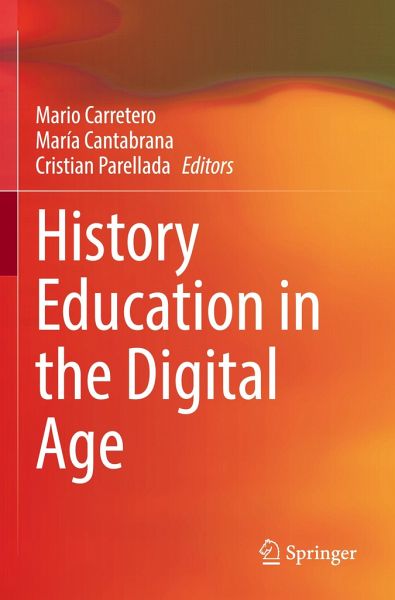
History Education in the Digital Age
Versandkostenfrei!
Versandfertig in 6-10 Tagen
83,99 €
inkl. MwSt.

PAYBACK Punkte
42 °P sammeln!
This book reflects on how teachers and students use new technologies in classroom settings in order to improve the capacity of teaching and learning in history to successfully meet the challenges of the twenty-first century through a complex understanding of the relation between past and present. Key authors in the field from Europe and the Americas present a comprehensive overview of the central questions at the heart of the book. They contribute to this process of reflection by taking diverse methodological, pedagogical and conceptual approaches to analyse the ways in which digital tools cou...
This book reflects on how teachers and students use new technologies in classroom settings in order to improve the capacity of teaching and learning in history to successfully meet the challenges of the twenty-first century through a complex understanding of the relation between past and present. Key authors in the field from Europe and the Americas present a comprehensive overview of the central questions at the heart of the book. They contribute to this process of reflection by taking diverse methodological, pedagogical and conceptual approaches to analyse the ways in which digital tools could advance the development of historical comprehension in the fields of formal and informal history education in different settings as schools, museums, exhibitions, sites of memory, videogames and films.
Drawing together a disciplinary diversity that approaches the topic from the viewpoints of collective memory, global history, historical thinking and historical consciousness, the book'scutting-edge content offers interested academics and practitioners with a broad-based view on the current state of debate in this area, examined via theoretical exploration in-depth case analysis.
Drawing together a disciplinary diversity that approaches the topic from the viewpoints of collective memory, global history, historical thinking and historical consciousness, the book'scutting-edge content offers interested academics and practitioners with a broad-based view on the current state of debate in this area, examined via theoretical exploration in-depth case analysis.



